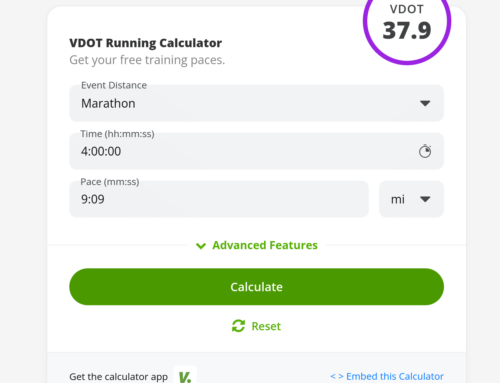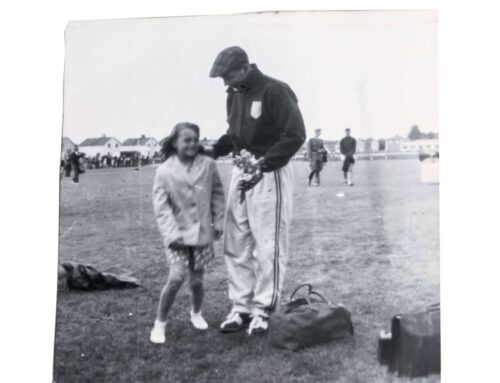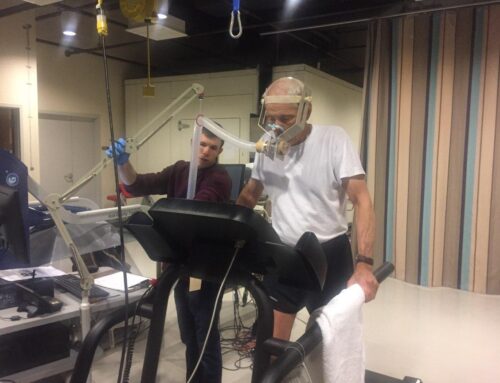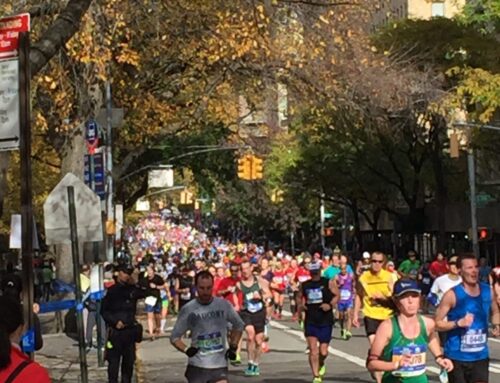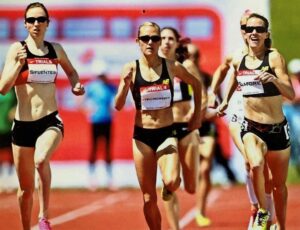
By Malindi Elmore
My race kick was a skill that I practiced through training, visualizing, and race strategy.
Let’s be honest, races are meant for winning! Yes, there are all sorts of other tangible goals a runner can have such as running personal bests, setting records, advancing through rounds, etc, but if you win every race the rest will fall into place. Unfortunately, I think many young runners sell themselves short of winning the race, and try to make their goals too complicated and too reliant on a very specific and narrow time goal.
If you look at the best runners in the world, they have something in common: they know how to win races! “Well of course,” you’re thinking, “they are the best in the world!” But they weren’t always – they just knew how to rise to the level of competition they were at during the stage of development they were in. Certainly, they did not win every race or run fast throughout certain stages of their careers, but the glimmer, desire and focus on winning is always in the heart of a fast runner.
Winning races is the basis of racing on the track just like scoring goals or baskets or touchdowns is the goal in other sports. Because the odds are harder in a competition with 15 other competitors on the line that we tend to gravitate to more personal goals. If we go back to the basics of sport, does anyone care if the New England Patriots scored 200 points if they lost the Super Bowl?
Don’t get me wrong, I think personal goals and running fast are important, but we cannot forget that finishing position (winning, podium, advancing to next rounds, beating your fellow competitors) is track and field at its rawest form. All racers should toe the line with a desire to finish as highly as possible in their race.
Winning races is hard – and it often comes down to the last few meters and seconds of the race. As a youngster, I was famous for qualifying my result by saying “but I was leading at 1400m!” My coach had to work with me to develop the skills, patience and confidence to be leading at the end of the race, not close to the end. When I reflect upon my career, my best and worst races were often determined by the execution of my kick.
The ability to finish strong, kick, and beat competitors in the final stretch is an asset to running fast and will get you further in your running careers than simply being able to run evenly fast paced races. In a series of upcoming blog posts, I will talk about the elements that I believe are critical to developing a kick, which include physical, physiological, tactical, and psychological elements.
Malindi Elmore is a 2-time Olympian, 7-time National Champion and Stanford record-holder in the 800m and 1500m. Learn more about Malindi’s private coaching services here.
